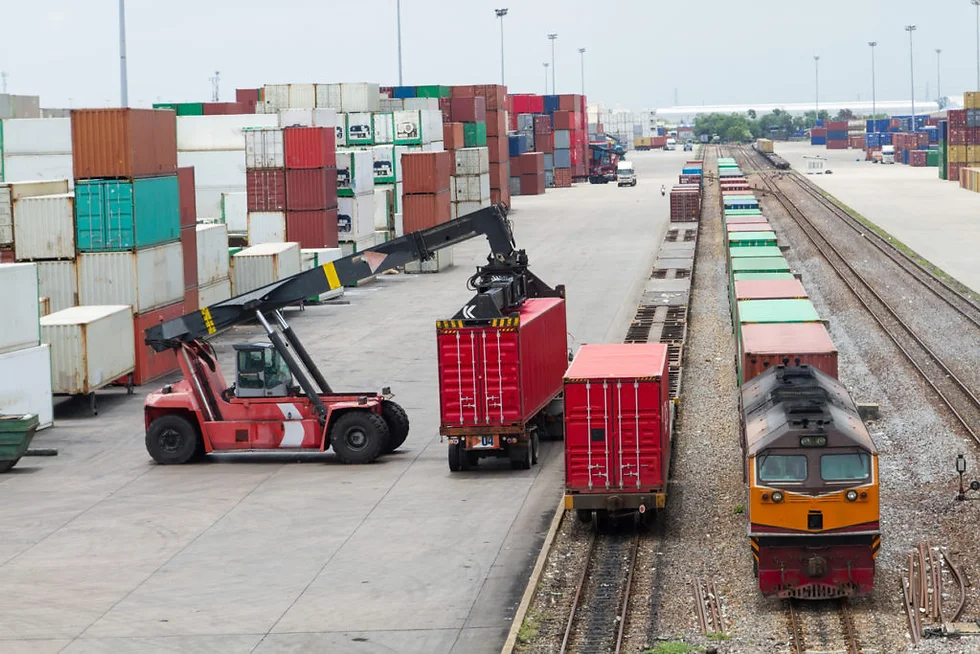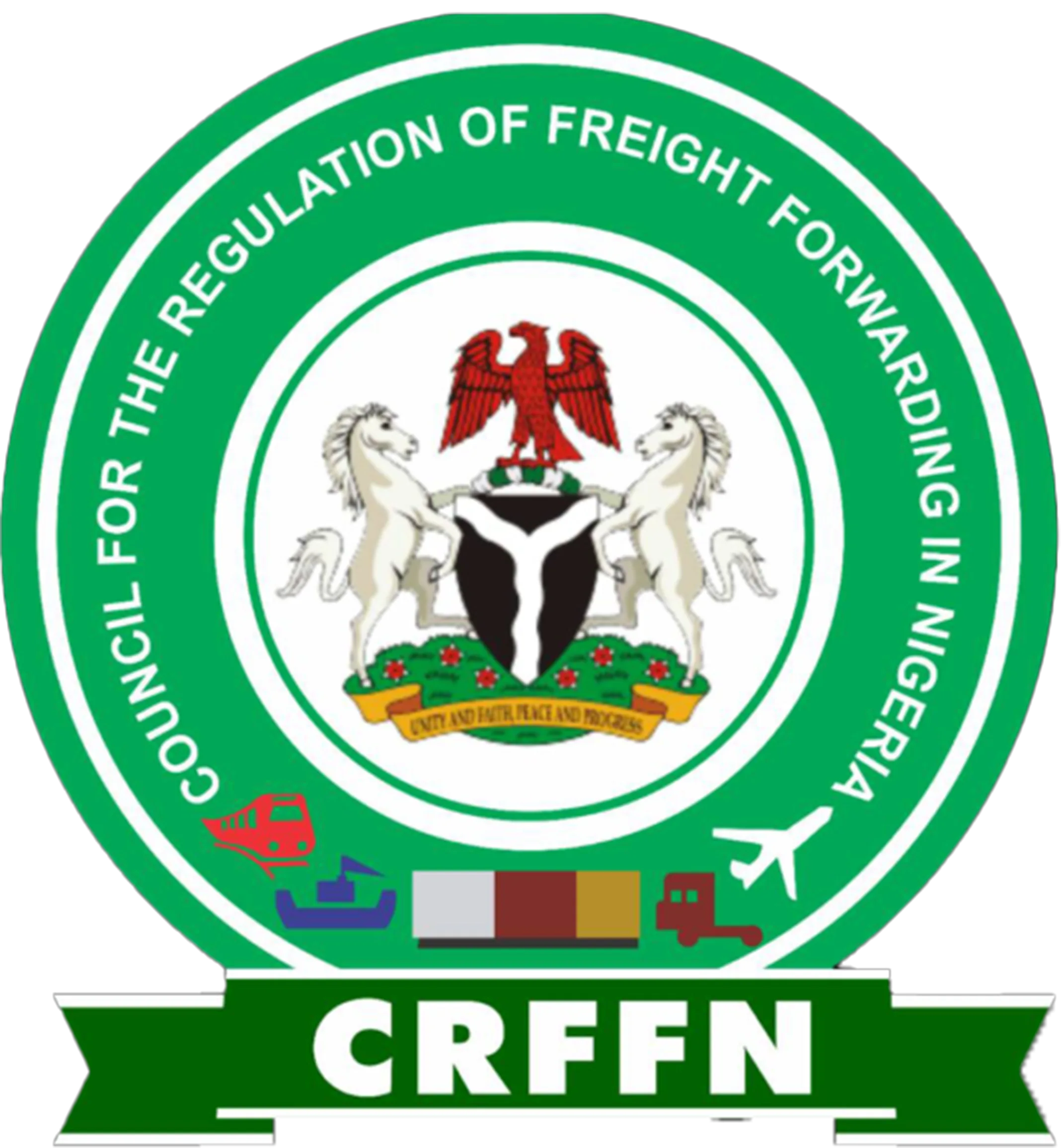
Africa’s growing consumer base and expanding trade networks present exciting business opportunities. However, cross-border trading in Africa still faces significant logistical challenges—from customs complexities to transport infrastructure gaps.
This is where omnichannel fulfilment plays a crucial role. Integrating multiple sales and distribution channels enables businesses to reach customers efficiently, overcoming traditional hurdles that come with trade across African borders.
In this article, we’ll examine the role of omnichannel fulfilment in simplifying cross-border trading in Africa. We’ll explore practical strategies that streamline logistics, manage customs, decentralised warehousing, and more, making African trade more accessible and profitable.
What is cross-border fulfilment and why is it crucial for African trade?
Cross-border fulfilment refers to the process of handling inventory, packing, and shipping goods across international borders. In Africa, where the African Continental Free Trade Area (AfCFTA) promotes regional integration, cross-border fulfilment is key to supporting the growing demand for products between nations.
However, Africa’s unique landscape—featuring 54 countries with distinct customs regulations, infrastructure, and consumer preferences—makes cross-border fulfilment more complex. According to data from the African Development Bank, logistics costs in Africa can reach up to 75% of the product’s retail price, this is notably higher compared to North America and Europe, where logistics costs are typically around 8-15% of retail price.
Why cross-border trading is difficult in Africa
Challenges to cross-border trade in Africa include:
- Diverse regulations and customs processes: Each country has its own import and export guidelines, taxes, and documentation requirements, leading to extended processing times.
- Fragmented infrastructure: Limited transport infrastructure like rail and road networks make it difficult to maintain efficient delivery times, especially in landlocked regions.
- High operational costs: Without a standardised fulfilment model, storage and transportation costs escalate, impacting product pricing.
These barriers make it essential to adopt a flexible fulfilment strategy. Omnichannel fulfilment—integrating online and offline sales channels—offers a way to simplify cross-border processes by providing customers with a seamless experience regardless of the sales channel they use.
How omnichannel fulfilment supports efficient cross-border trade
Omnichannel fulfilment is a strategy that combines various distribution and sales channels—both online and offline—to create a unified customer experience. For businesses trading across African borders, this approach addresses the logistical challenges by using integrated systems that streamline the end-to-end supply chain.
Benefits of omnichannel fulfilment for African trade
- Reduced delivery times: By decentralising warehousing and positioning products closer to target markets, omnichannel fulfilment reduces delivery times significantly. This leads to faster order fulfilment and customer satisfaction.
- Improved inventory management: With an omnichannel strategy, businesses can synchronise inventory levels across different locations, ensuring stock availability while reducing the costs associated with overstock or stockouts.
Enhanced flexibility and customer convenience: African consumers, much like global consumers, value the flexibility to shop on their preferred channels. Omnichannel fulfilment supports this by connecting online marketplaces, local retail stores, and mobile ordering, adapting to the diverse ways African customers prefer to shop.

Strategies to streamline cross-border fulfilment in Africa
To fully leverage omnichannel fulfilment for cross-border trading in Africa, businesses need to adopt specific strategies that address Africa’s unique logistical challenges. Here are some core approaches:
1. Decentralize warehousing to reduce delivery times
Traditionally, centralised distribution centres were preferred for fulfilling orders. However, Africa’s diverse geography and infrastructure constraints make decentralising warehousing more effective. By locating warehouses closer to high-demand areas, businesses can significantly cut down on delivery times.
For example, distributing inventory across key locations—such as South Africa for the Southern region, Nigeria for West Africa, and Kenya for East Africa—helps ensure faster delivery across borders. This approach also lowers transport costs and minimises the risk of delays due to customs at regional borders.
2. Implement customs integration for smoother border processing
Customs processing is one of the primary pain points in African cross-border trade. To avoid bottlenecks, companies can integrate customs documentation into their logistics systems. By centralising customs data, businesses automate paperwork, which speeds up the clearance process and ensures compliance with each country’s requirements.
This approach is particularly effective in regions with complex customs processes, like East and West Africa. For example, a centralised system can automate the necessary VAT and duty declarations based on the destination country, saving time and reducing human error.
3. Leverage bonded warehousing and vehicles to lower costs
Bonded warehouses and vehicles offer a solution to high import duties by allowing goods to be stored or transported without immediate tax payments. These bonded assets provide:
- Improved cash flow: Businesses don’t need to pay taxes upfront, freeing up capital for other operational needs.
- Flexible inventory management: Companies can store products in bonded warehouses and only pay duties when goods are moved into the market.
For instance, if a business is transporting goods from Nairobi to Accra, using bonded vehicles ensures customs can be processed en route, saving time at the final destination and reducing transit delays.

Building flexibility with multiple transport options
One of the biggest challenges in African cross-border trade is the lack of consistent transportation infrastructure. To tackle this, businesses should rely on a mix of transport modes, including air, ocean, and road, to build flexibility into their supply chains. This strategy minimises the impact of disruptions, such as seasonal weather changes, strikes, or border delays.
Benefits of a multi-modal transport strategy in Africa
- Increased resilience to disruptions: Having multiple options allows businesses to switch from one transport mode to another based on availability, reducing the chances of delays.
- Enhanced cost control: For long distances, ocean freight may be more cost-effective than air. Meanwhile, last-mile deliveries are often best handled by road, using local carriers who know the terrain and customs practices.
- Optimised last-mile delivery: For urban centres and remote regions alike, partnering with local carriers provides more efficient and culturally aware delivery services. Carrier-agnostic networks—which include multiple service providers—can also help ensure deliveries even during peak seasons.

How partner consolidation simplifies omnichannel fulfilment
In African cross-border trade, managing multiple logistics partners can quickly become cumbersome. By consolidating to a single logistics partner that offers a full range of services, businesses can streamline their operations, resulting in lower costs and fewer administrative tasks.
Advantages of working with an integrated logistics partner
- End-to-end visibility: A single partner with full-service capabilities allows for complete visibility across the supply chain, from warehousing to delivery.
- Reduced administrative burden: Coordinating multiple logistics providers often leads to communication delays and process inefficiencies. A single partner minimises this friction.
- Improved customer satisfaction: With a streamlined fulfilment process, businesses can fulfil orders quickly and accurately, enhancing the overall customer experience.
Embracing omnichannel fulfilment for cross-border success in Africa
As African markets continue to grow, so does the opportunity for cross-border trade. However, the unique logistical and regulatory challenges across the continent make omnichannel fulfilment an essential strategy for businesses looking to scale efficiently. By adopting decentralised warehousing, customs integration, bonded assets, multi-modal transport, and partner consolidation, businesses can overcome barriers and provide a seamless experience for African consumers.
For companies seeking to navigate the complexity of African cross-border trade, omnichannel fulfilment offers a path to increased efficiency, lower costs, and faster delivery times. Adopting these strategies improves operational resilience and strengthens a company’s competitive edge in the expanding African market.





